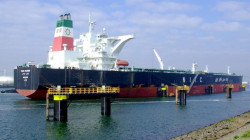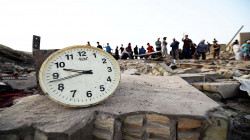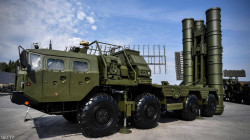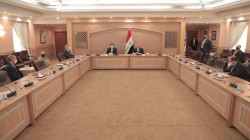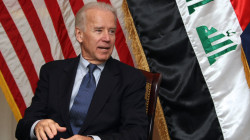U.S. says China and Russia have leverage to stop North Korea nuclear test
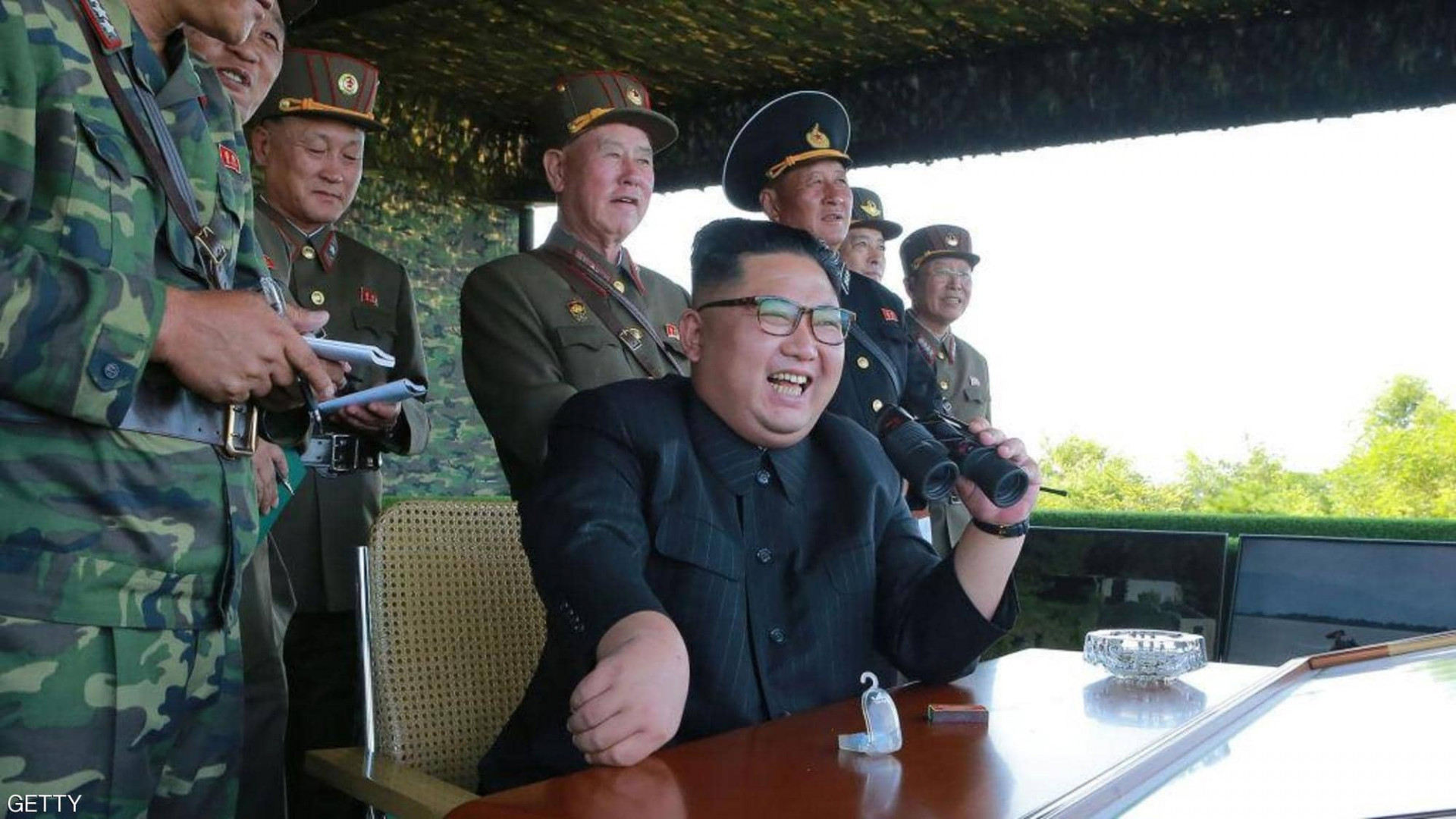
Shafaq News/ The United States believes China and Russia have leverage they can use to persuade North Korea not to resume nuclear bomb testing, a senior U.S. administration official said on Thursday.
The official, who spoke to Reuters on condition of anonymity, said that while the United States had been saying since May that North Korea was preparing to resume nuclear testing for the first time since 2017, it was not clear when it might conduct such a test.
"We have a high level of confidence that they have made preparations," he said. "We believe that they could do this ... I can't tell you 'we think it will be this day for the following reasons,' because we just don't have that level of knowledge."
Washington wanted to see Russia and China do what they could to dissuade Pyongyang.
"We do think that they (North Korea) are making calculations about the degree of receptivity for others in the region, I think, particularly Russia and China. And I think that the Russian and Chinese attitudes do have influence with them."
The official spoke after the United States asked the U.N. Security Council to meet publicly to discuss North Korea on Friday after a spate of missile launches, including what the Pentagon said was an intercontinental ballistic missile (ICBM).
North Korea has long been banned from conducting nuclear tests and ballistic missile launches by the Security Council, which strengthened sanctions on Pyongyang over the years to try and cut off funding for those programs.
However in recent years the 15-member body has been split on how to deal with North Korea. While both Russia and China backed toughened sanctions after North Korea's last nuclear test, in May they vetoed a U.S.-led push to impose more U.N. sanctions over North Korea's renewed ballistic missile launches.
The U.S. official said Pyongyang may have delayed its resumption of nuclear testing because of China, including its recently concluded Communist Party congress, and due to North Korea's COVID-19 outbreak in May and June.
He said he thought the latter crisis made North Korea "more focused on ways in which they could get support from particularly China."
"China and Russia have long been on the record as opposing the DPRK nuclear program," the official said referring to North Korea by the initials of its official name. "So ... it's our belief, and certainly it is our expectation, that they will use the influence that they have to try and get the DPRK not to conduct a nuclear test."
Reiterating calls for Pyongyang to resume dialogue with the United States, the official said Washington was prepared to engage directly with North Korea and to discuss humanitarian assistance.
Asked how stable he believed Kim Jong Un's North Korean government was, the official said: "We don't see any evidence that there are particular challenges that would undermine Kim Jong Un's standing. On the other hand, I'm not sure that we necessarily would."
Asked what was motivating North Korea's recent spate of missile testing, which Pyongyang has called a response to "aggressive" U.S.-South Korean military drills, the official said: "We don't know because they are not talking directly to us."
The official rejected growing calls among some North Korea experts for Washington to recognize North Korea as a nuclear power that is never going to disarm.
"There is an extraordinarily strong global consensus that is represented in a whole series of U.N. Security Council resolutions that obviously passed with the support of all the members of the P5, that the DPRK should not, and must not, be a nuclear nation," he said.
"No country is calling for this ... the consequences of changing policy, I think would be profoundly negative."
Source: Reuters
